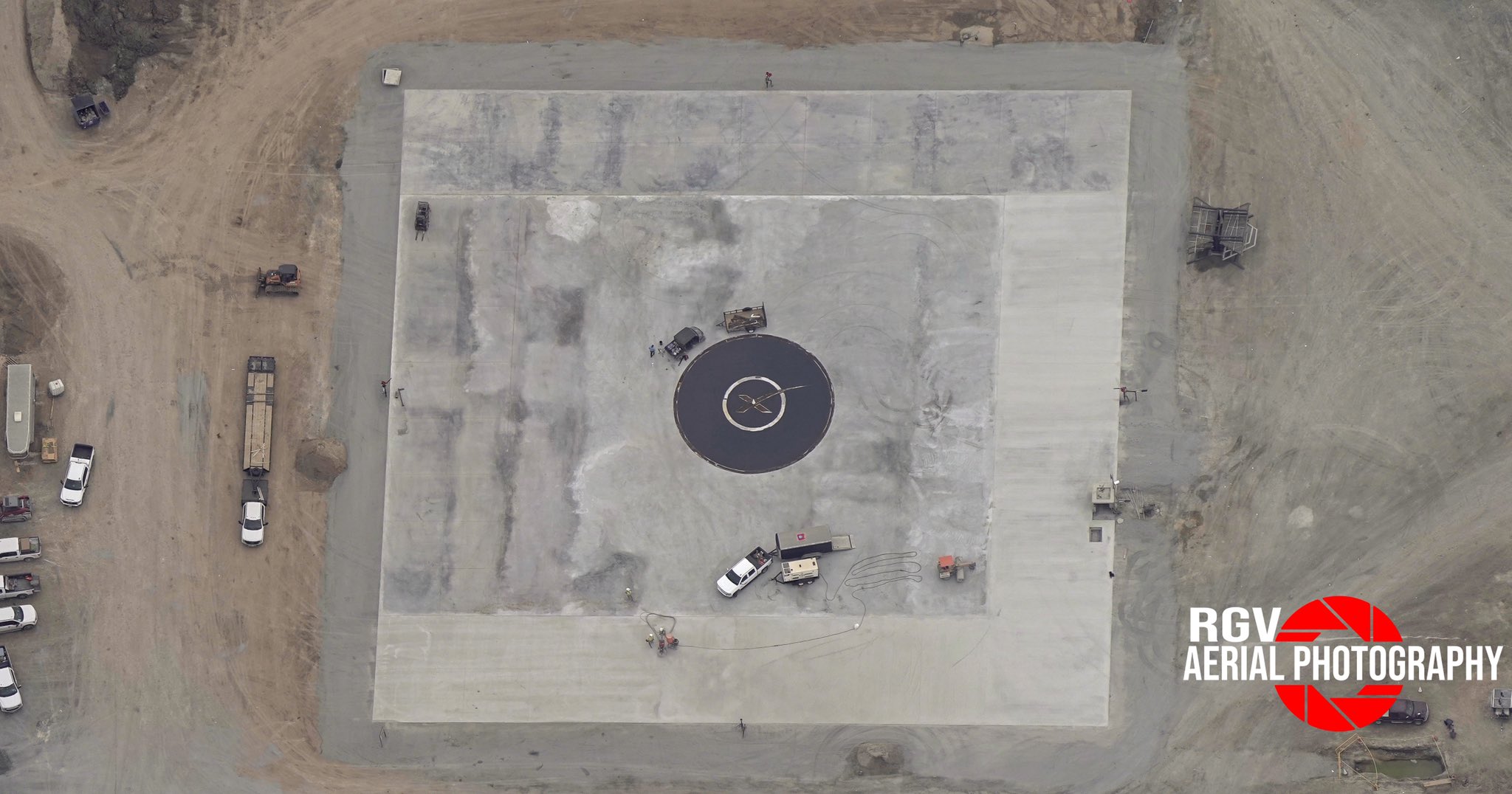Entertaining, thanks for posting.
I do think his writing/take has a lot of merits, and again was funny, but I don't think it's totally historically fair either. One example;
Quote:
Reconfiguring existing Shuttle hardware appears great on paper but reality had other ideas. Take away the Shuttle orbiter and the proto-SLS, now called the Ares V as part of George W. Bush's Constellation Program, was still hobbled by a hydrogen booster stage, giant solid boosters, finicky SSME engines, and a loss of institutional expertise. Reusing Shuttle hardware should retain workforce and derisk development, but it's important to remember that despite flying more than 100 missions, practically none of the Shuttle hardware was reliable enough, at an architectural level, to meet any kind of certification standard.
Yes, it looks great on paper. The AresV was not hobbled by a hydrogen booster stage, it benefited from an engineered one proven to work already, with a supply chain in place. The SRB's have been quite reliable (but for the ignorant use on the Challenger). The SSME (RS25) has never been finicky, just expensive as it was designed to be re-used in an earlier era of engineering/non-CAD/CAM.
The shuttle hardware actually was quite reliable, for it's time. Imagine hopping on a 707 for instance on a flight today as a passenger. It's going to be relatively noisy, fuel inefficient, less capable of meeting modern dispatch/safety standards, and use some grossly outdated flight control systems (sometimes I pity USAF KC-135 guys). That's what the early-70's era Shuttle was. And that was the part that was most unreliable as it had the antiquated heat shield system/tiles. Not sure what certification standard he's referencing.
Ok, one more example;
Quote:
In 1986 there were still enough Apollo veterans floating around that, had anyone involved had the courage to declare Shuttle a total loss and permanently ground it, there is every chance that a rocket in the style of the Falcon 9 could have been human rated and operational by 1990, representing a genuine path to steady improvements in reusability and cost, and a commitment to fact-based reality as the program's guiding star.
So, sure, there were still Apollo vets around in 1986, but to ignore all context of shuttle development/history to say it should have been cancelled outright in 1986 is imho deliberately obtuse. What could have succeeded it? People just 3 years ago thought Musk was crazy for saying they'd re-use F9 boosters 10 times at least. NASA, nor anyone really, had gone through the metamorphosis of proposing going to private industry to develop space access then, and no one like Musk was offering/proposing to throw billions privately at it.
Using Northrop, McD, Thiokol, martin marietta, etc. (all of the other major contractors, I'm leaving some off) domestically would have led to...a similar cost point, and frankly not a lot more advanced technology. I am really, really dubious they'd have proposed/built a real reusable system.
Again, thank you for the post/link, but I don't think the history can be looked at in a vacuum as that guy does accurately.
He does link other folks throughout though, like Rand Simberg, which I think offer a more nuanced/accurate real take (such as noting the baseline/reference cost on the Apollo launches were a few billion in today's dollars) on the SLS' sordid history. His piece is definitely worth considering/reading for those interested with a couple of hours to kill. Excerpt that is on point about SLS, in it's totality;







